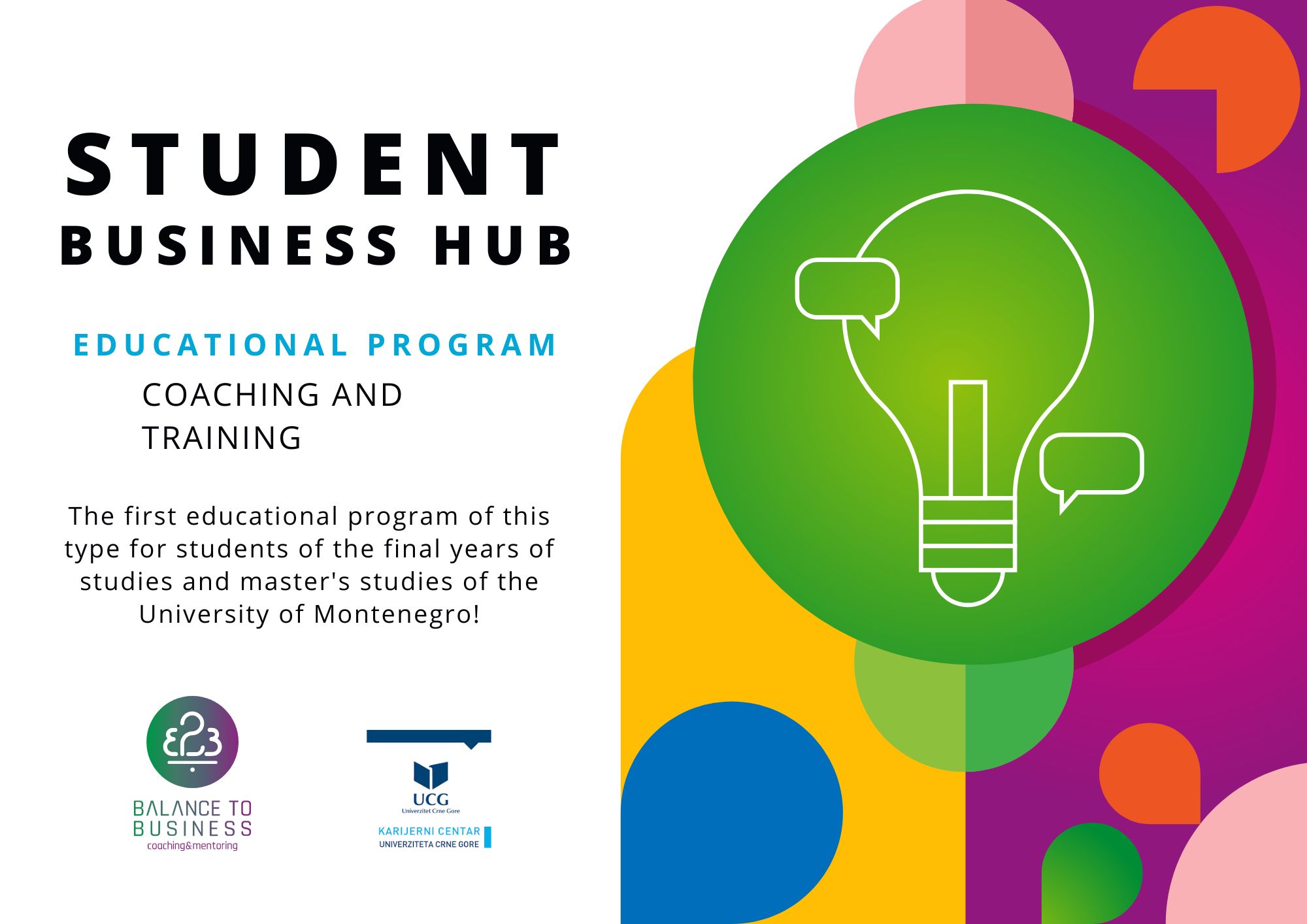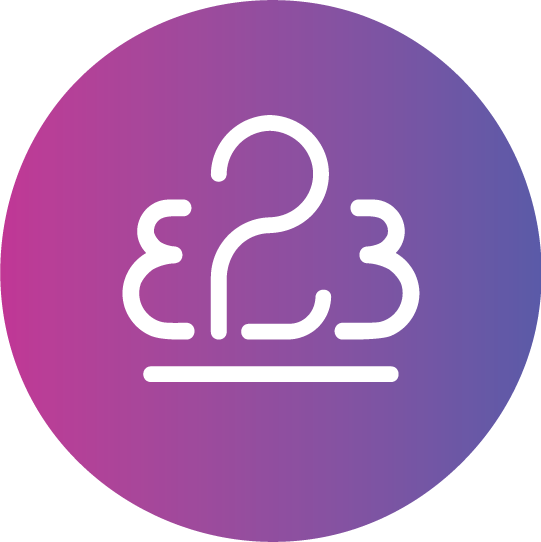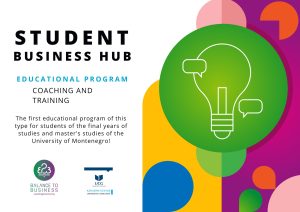
“The Student Business Hub” is your key to preparing for the modern business world. If you’re a young, ambitious individual looking to acquire practical skills for navigating the business environment successfully, this is an opportunity you can’t afford to miss.
With six intensive modules covering everything from self-confidence and communication to effective decision-making and leadership, this interactive and personalized training will empower you to become a young leader of the new era.
The program consists of 3 parts:
First part of the program:
At the beginning, you will delve deeper into self-awareness, understanding what you truly want for your future and how you can achieve your defined goal. Additionally, you will go through individual coaching sessions.
Individual coaching sessions:
Young people today face many challenges and decisions that will shape their future. Individual coaching sessions provide a valuable resource for their growth and success. Coaching supports individuals in identifying strengths, goals, and potentials and inspires them to achieve desired results.
Personalized sessions at the start of the program allow participants to set goals, clarify expectations, and gain insights into their strengths and areas for growth. Jelena’s leadership and expertise provide an individualized approach and support.
A session at the end of the program allows participants to reflect on their progress, share achievements, and set further goals for personal and professional development. Jelena provides generous support in the reflection and planning process.
Second part of the program:
Working on practical skills that enable you to achieve your defined goal, as well as further business success and personal growth.
Third part of the program:
You will consolidate all that you have learned and elevate it to a higher level, where you will have the opportunity to learn how to cope with all the challenges that the future may bring.
BENEFITS OF THE TRAINING:
- Practical skills for modern business: You will acquire concrete and applicable skills essential for success in the business world, from communication to time management skills.
- Individual growth and development: Through individual coaching sessions, you will identify your strengths, goals, and potentials, and you will be inspired to achieve desired results.
- Opportunity for self-reflection: The program will allow you to better understand yourself, clarify your ambitions, and create a clear vision of your future.
- Personalized approach: Mentoring and support from Jelena provide personalized and expert support to each participant.
- Networking and networking: Through group work and interaction with colleagues, you will have the opportunity to connect and exchange experiences and knowledge.
- Usable knowledge and tools: The program provides concrete techniques for effective communication, leading meetings, decision-making, and many other skills essential in the business world.
- Readiness for a leadership position: Through a focus on leadership development, you will become a leader with confidence, focus, and skills necessary for leading teams and achieving success.
THE PROGRAM CONSISTS OF 6 MODULES:
- Who am I today, and who am I potentially?
- Communication and dialogue for success
- Feedback – receiving and giving
- The concept of time
- Decision-making. Efficient meetings.
- Young leaders of the new era
You can download the brochure HERE!”





















